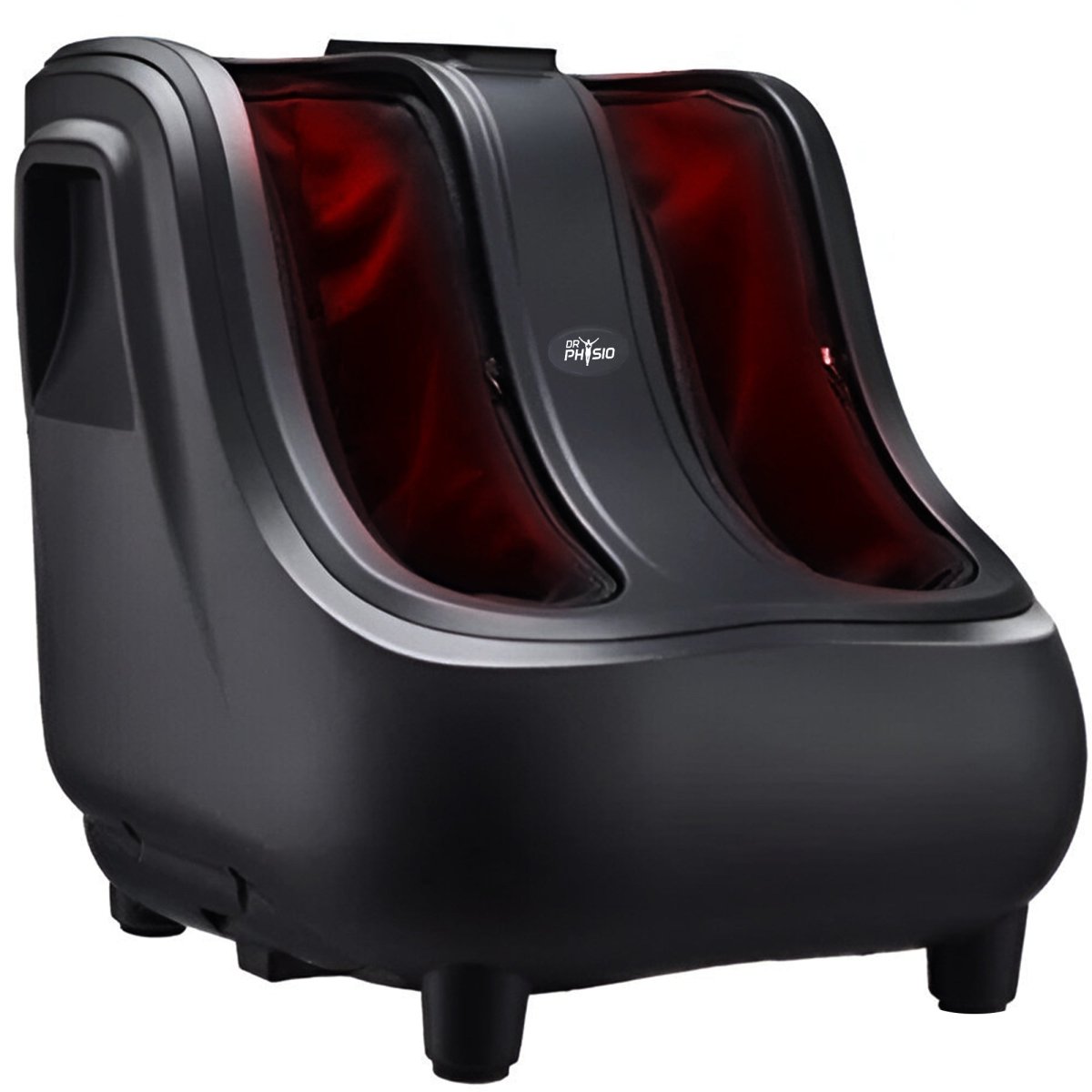Post-workout muscle soreness is very common. If you experience severe pain, it's recommended to soak in Epsom salt bath for managing your symptoms after a rigorous workout.
Experiencing muscle soreness after a rigorous workout is normal and usually a sign that your body is adapting and getting stronger. Intense workouts can often lead to muscle soreness and body pain. This is commonly known as delayed onset muscle soreness (DOMS). It's important to note that rigorous exercise can cause microscopic damage to muscle fibers. This damage triggers an inflammatory response, leading to soreness and discomfort. The body repairs and rebuilds the damaged muscle fibers, which ultimately strengthens the muscles. It can also result in microtears that cause inflammation and contribute to post-workout pain. Your body also produces lactic acid as a by-product of energy production. Accumulation of lactic acid can also contribute to muscle fatigue and soreness. It's important to note that a warm Epsom Salt bath can provide relief from post-workout body pain.

Epsom Salt Improve Post Exercise Recovery
It is worth noting that Epsom salt soaking is helpful for post-exercise recovery. It can help with post-exercise recovery in the following ways:
1. Muscle Relaxation
Soaking in an Epsom salt bath can promote muscle relaxation and alleviate muscle tension. This can help reduce muscle soreness and stiffness experienced after exercise, allowing for quicker recovery.
2. Reduced inflammation
Epsom salt has anti-inflammatory properties that can help decrease inflammation in muscles and joints. Intense exercise can cause micro-tears in the muscle fibers, leading to inflammation. Epsom salt soaking can help reduce this inflammation and promote faster healing.
3. Enhanced circulation
The magnesium in Epsom salt can improve blood circulation. Better circulation means that oxygen and nutrients can be delivered more efficiently to the muscles, aiding in their repair and recovery. Improved circulation also assists in removing metabolic waste products, such as lactic acid, from the muscles, which can reduce post-exercise soreness.
4. Magnesium absorption
Epsom salt baths allow for the absorption of magnesium through the skin. Magnesium is involved in various processes related to muscle function, energy production, and protein synthesis. By replenishing magnesium levels, Epsom salt soaking can support optimal recovery from exercise.
Dr Trust Epsomax: The Easiest Way to Add Epsom Salt in Your Bath
Dr Trust Epsomax Body Wash can be a convenient and simple way to incorporate Epsom salt into your bathing routine. Instead of preparing a traditional Epsom salt bath by dissolving the salt in water, the body wash allows you to directly apply the Epsom salt-infused formula to your skin during your regular shower.

Other Strategies That Help Alleviate the Discomfort
Other recovery strategies, such as proper nutrition, hydration, stretching, and adequate rest, should also be incorporated for optimal recovery.
Rest and recovery
Allow your body enough time to rest and recover between intense workouts. This allows for muscle repair and adaptation, reducing the severity and duration of post-workout pain.
Gentle exercise or active recovery
Engaging in low-impact activities, such as walking or light stretching, can help increase blood flow to the muscles, promoting recovery and reducing soreness.
Warm-up and cool-down
Prior to intense exercise, perform a thorough warm-up to prepare your muscles for the activity. Afterward, cool down with gentle movements and stretches to help flush out metabolic waste products and minimize post-workout soreness.
Proper nutrition and hydration
Ensure you're consuming a balanced diet with adequate protein to support muscle recovery and repair. Stay hydrated to optimize muscle function and minimize cramping.
Taking a warm Epsom Salt bath can have a relaxing effect on the mind and body. It promotes a sense of calmness, reduces stress, and enhances overall well-being. This psychological relaxation can indirectly contribute to pain relief and improve recovery post-workout. Remember, if you experience severe or prolonged pain, or if the pain is accompanied by other concerning symptoms, it's advisable to consult with a healthcare professional for an evaluation and appropriate guidance.












